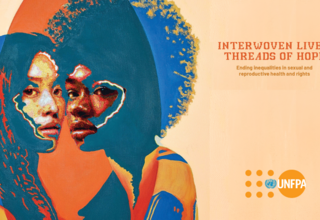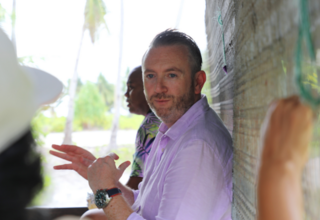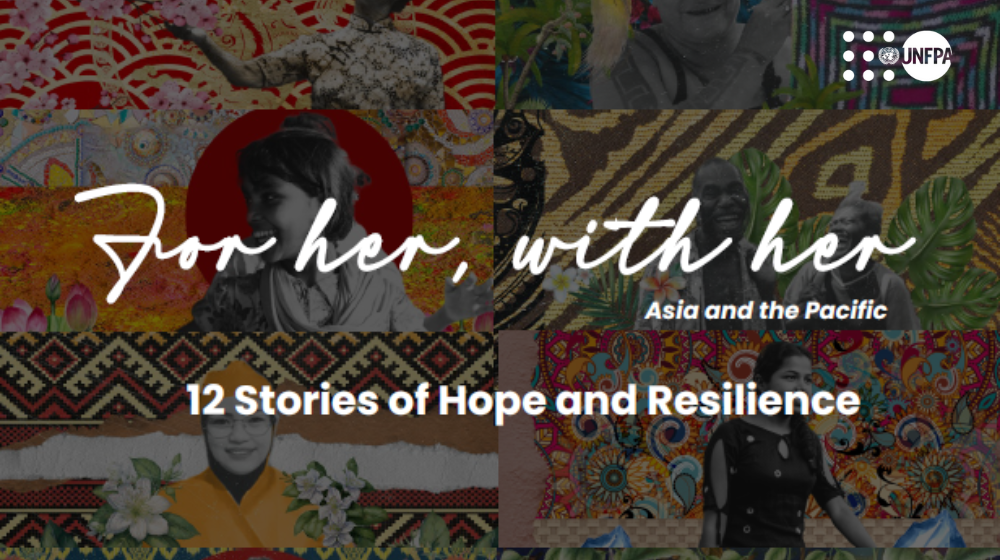Despite worldwide change and uncertainty, Asia and the Pacific remains the engine of global economic growth and replete with opportunities, given its population’s size and diversity, its abundance of resources and its capacity for innovation.
Home to 60 per cent of the world’s population, what happens to people in Asia and the Pacific matters for the region and affects global sustainable development trends.
To effectively tap into the region’s potential, greater attention needs to be directed to various sociodemographic factors, including youth unemployment, gender inequality, population ageing and changing family dynamics. For instance, people of different age cohorts now live together for longer periods of time than ever before; the proportion of youth not in employment, education or training is above the global average, at 25 per cent, with rates for young women almost 2.5 times higher than for young men; and 26 per cent of the region’s population is projected to be aged 60 or older by 2050. Figure 1, with percentages of females and males at different ages over time, shows this latter point.

Wholesomely addressing the aforementioned concerns requires not compromising quality (well-being) over quantity (such as GDP growth). At the same time, long-term benefits should not be sacrificed for short-term gains.
All aspects of socioeconomic development are connected, and our well-being as people will determine the well-being and the future of our planet.
Action is far more important than recognition. Whatever approach is taken, solidarity and collaboration between people of all ages are essential, as indicated, among others, in Our Common Agenda. Key to collaboration for mutual gain are relationships based on trust and valid experience, as traditionally found in families, including between generations. Families are evolving, yet their core values remain: empathy, responsibility and integrity. In effect, any relationship guided by such principles can produce positive change, such as people working together to achieve the Sustainable Development Goals.
Times are indeed changing. Increased migration and urbanization, and shrinking family sizes mean more older persons, especially older women, live alone. This is more common in developed countries like Australia and New Zealand, where one fifth of the population aged 60 years or over resides alone. It calls for young people in particular to support older persons, such as by sharing skills and experiences that complement each other. Volunteerism among them is beneficial to all members of society, with training opportunities, social participation and inclusion, and strengthening of intergenerational solidarity.
Most Governments offer opportunities for intergenerational contact and exchange, including initiatives aimed at strengthening solidarity between generations through volunteering. However, not all youth or older persons have the resources to engage in volunteering or other unpaid initiatives. This is why social protection is essential, especially for the most marginalized individuals, while the human side of development should never be overshadowed.
As countries start deliberating the future of sustainable development at global, regional and national levels, people must be placed at the centre of any future development agenda.
It is vital that all people are covered by social protection. The benefits include reductions in poverty and vulnerability across the life cycle, as well as inclusive and sustainable growth by raising household incomes, promoting decent work, fostering human development and productivity, and facilitating structural transformation of the economy.
Expanding social protection throughout the life course can be facilitated by National Transfer Accounts (NTA). These act as an analytical demographic and economic framework to examine intergenerational flows (considering young and older dependents, and those of working age) of resources within a country. NTAs highlight the importance of saving and investment in productive assets to promote intergenerational equity and mitigate the economic challenges associated with population ageing.
Relatedly, the first demographic dividends refer to potential economic benefits arising from changes in a country’s age structure when growing numbers of young people enter the labour force. This occurs when an expansion working-age population enhances productivity and savings, leading to increased investment and economic development.
The second demographic dividend involves forward-looking policies. With a rising proportion of older persons, future consumption can be maintained only through wealth accumulation, including individuals and/or firms and governments acting on behalf of consumers to amass capital. With investments in the domestic economy, capital deepening and more rapid growth in output per worker will occur. Promoting the labour force participation of older persons, including through engaging youth (as noted earlier, with mutual skills and experience, along with strengthened solidarity), can enhance this process.
In conclusion, intergenerational solidarity and putting people at the centre of development are essential to harness the potential of individuals of all ages. The region, with all its opportunities, needs political will and collaboration of diverse stakeholders at community, national and regional levels to make this possible.
The region’s diversity creates opportunities and challenges for sustainable development, with the need for regional cooperation and the sharing of experiences and good practices.
The Seventh Asian and Pacific Population Conference, organized by ESCAP and UNFPA in Bangkok from 15—17 November 2023, will provide opportunities for policymakers, civil society and other stakeholders to discuss key population and development issues and share insights. The meeting outcome will provide the regional input to the global review of the Programme of Action of the International Conference on Population and Development at the 57th session of the Commission on Population and Development in 2024.
Co-authored by:
 |
Marco Roncarati, Social Affairs Officer, UN ESCAP |
 |
Wassana Im-Em, Regional Technical Specialist, UNFPA |




